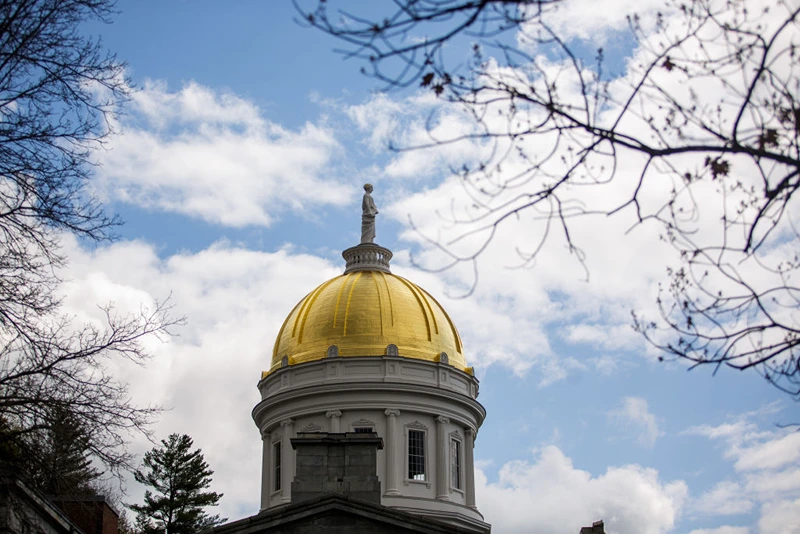
OAN Roy Francis
1:36 PM – Friday, May 5, 2023
A bill aimed at reducing greenhouse gas emissions in Vermont has been vetoed by Governor Phil Scott.
The Affordable Heat Act, which pushed people in Vermont to move away from using fossil fuels to heat their homes and businesses, was vetoed by Governor Scott (R-Vt.) because he said it gave “too much authority to the unelected Public Utilities Commission and could end up punishing Vermonters who are least able to afford to switch.”
“Here’s the bottom line: The risk to Vermonters and our economy throughout the state is too great; the confusion around the language and the unknowns are too numerous; and we are making real and measurable progress reducing emissions with a more thoughtful, strategic approach that is already in motion,” the governor said.
Advertisement
“It’s important to note despite significant concerns with the policy, I would not veto a bill that directs the Public Utilities Commission (PUC) to design a potential clean heat standard – provided it’s returned to the Legislature, in bill form with all the details, and debated, amended, and voted on with the transparency Vermonters deserve,” the governor wrote in his veto letter. “The so-called ‘check back’ in S.5 does not achieve my simple request. Instead, the ‘check back’ language in the bill is confusing, easily misconstrued, and contradictory to multiple portions of the bill.”
The Governor vetoed a similar bill in 2022, the state Democrat lawmakers had tried to override the veto, however they failed to gather enough votes. Last week, Scott also vowed to veto the new bill that was introduced into the state legislature.
Senator Rebecca White (D-Vt.) released a statement saying that the new bill is essential for a “more equitable, affordable, cleaner heat future.”
“The Affordable Heat Act is an essential step forward to plan for and fully understand what it will take, what it will cost and how Vermonters can benefit from more local, cleaner, and more affordable heat,” she said. “It is the Climate Solutions Caucus leadership’s hope and expectation – as the two recent and decisive House and Senate votes have demonstrated – that the majority of policy makers will continue to support taking the next hard, important step forward toward a more equitable, affordable, cleaner heat future.”
The Affordable Heat Act had grown from the legislation that was passed in 2020 which required Vermont to lower greenhouse gas pollution to 26% below the 2005 levels by 2025, 40% below the 1990 levels by 2030, and 80% below by 2050.
The veto by the governor raised objections and criticism from environmental, social and lobbying groups. Groups such as The Vermont Natural Resources Council, the Vermont Public Interest Research Group, the Vermont Sierra Club and the Conservation Law Foundation all protested the decision by Scott.
“He’s vetoing a process that’s going to get a lot of good information in the hands of everyone, including himself,” Ben Edgerly Walsh, a lobbyist for the Vermont Public Interest Research Group, said.
Stay informed! Receive breaking news blasts directly to your inbox for free. Subscribe here. https://www.oann.com/alerts

